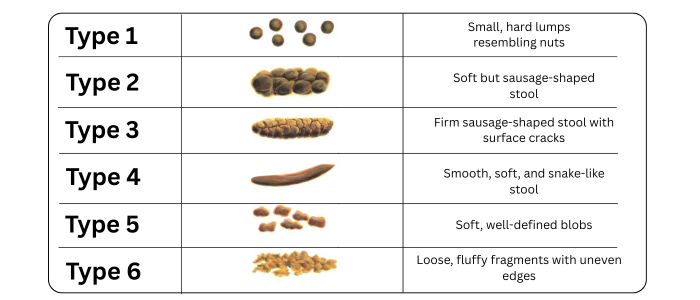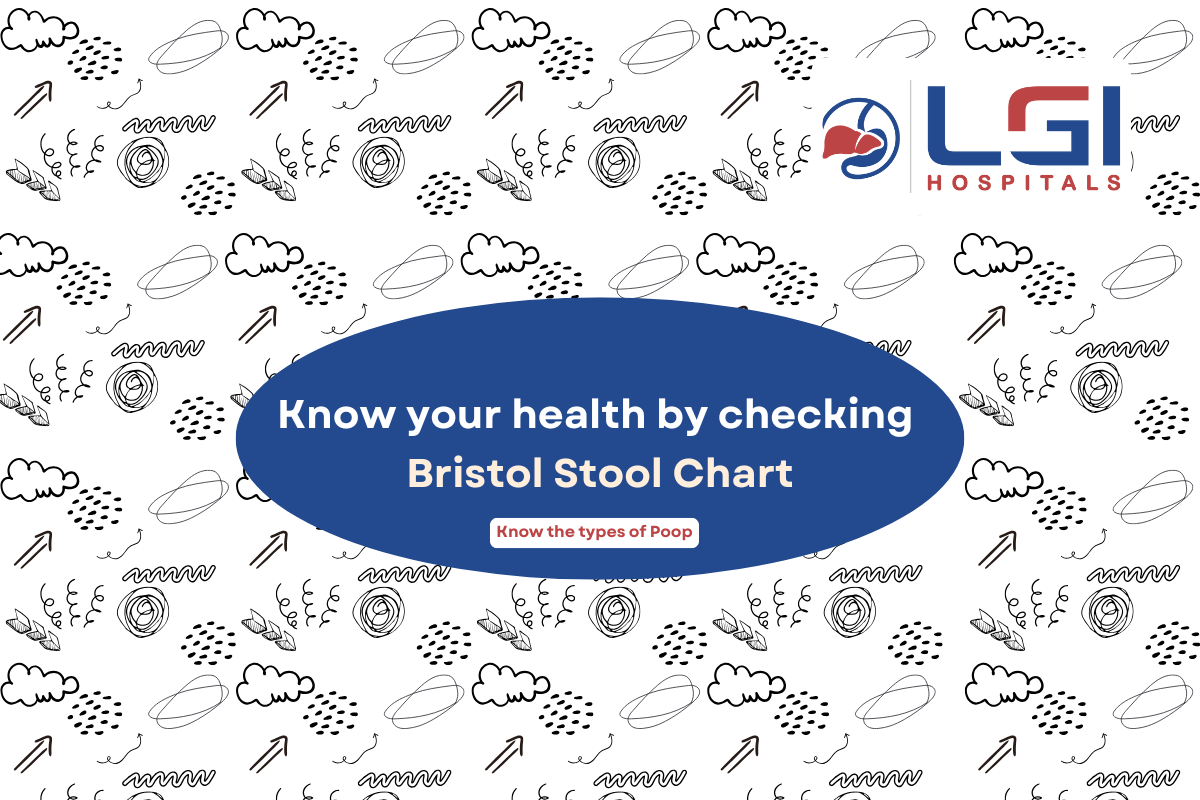Most people don’t talk about poop, but it says a lot about your digestive health. From shape and color to frequency and types of poop, your stool offers important clues about what’s going on inside your gut. Ignoring abnormal bowel movements could mean missing early signs of gut-related issues like constipation, diarrhea, or irritable bowel syndrome (IBS).
If you’re experiencing irregular pooping habits, this guide will help you understand what’s normal, what’s not, and when to consult a gastroenterologist in Nagpur.
Why Understanding Your Poop Matters
Your stool reflects your diet, hydration level, and overall gut health. Changes in consistency, color, or frequency may indicate:
- Digestive disorders (e.g., IBS, colitis)
- Poor fiber intake
- Food intolerances
- Dehydration
- Bacterial or viral infections
Recognizing these early warning signs can help you seek treatment before complications arise.
The Bristol Stool Chart: 7 Types of Poop
Doctors use the Bristol Stool Chart to categorize poop into seven types based on shape and texture. Here’s what each type means:

Type 1: Hard, Separate Lumps (like nuts)
Meaning: Severe constipation
Cause: Lack of fiber or fluids
Tip: Increase water intake and eat more fiber-rich foods
Type 2: Sausage-Shaped but Lumpy
Meaning: Mild constipation
Cause: Slow bowel movement
Solution: Add leafy greens, fruits, and whole grains to your diet
Type 3: Sausage with Cracks
Meaning: Normal, healthy poop
Indicates: Good fiber intake and hydration
Type 4: Smooth, Soft, Like a Snake
Meaning: Ideal stool
Indicates: A healthy gut microbiome
Type 5: Soft Blobs with Clear Edges
Meaning: Mild urgency, borderline diarrhea
Tip: Monitor your diet, increase soluble fiber
Type 6: Fluffy Pieces with Ragged Edges
Meaning: Mild diarrhea
Cause: Stress, infection, or food intolerance
Type 7: Watery, No Solid Pieces
Meaning: Severe diarrhea
Urgent Tip: Seek help from a gastroenterologist in Nagpur if this persists for more than a day
What Does the Color of Your Poop Mean?
| Color | What It Indicates |
| Brown | Normal and healthy |
| Green | Rapid digestion or eating lots of greens |
| Yellow | Possible fat malabsorption or liver issue |
| Black | It could be internal bleeding or iron supplements |
| Red | May signal blood in stool – needs evaluation |
Unusual stool color for more than 2–3 days warrants medical attention.
Tips for Healthier Pooping
Maintaining a healthy gut helps normalize bowel movements. Here’s how:
- Drink 2–3 liters of water daily
- Include fiber-rich foods like fruits, vegetables, and whole grains
- Exercise regularly to support digestion
- Limit junk and processed food
- Manage stress through mindfulness, sleep, and relaxation
When to See a Gastroenterologist in Nagpur
You should consult a specialist if you experience:
- Constipation or diarrhea lasting more than 3 days
- Frequent bloating or abdominal pain
- Blood in stool
- Unexplained fatigue or weight loss
- Irregular pooping for weeks
Ignoring these signs could delay the diagnosis of serious conditions like IBS, ulcers, or gastrointestinal infections.
Take Charge of Your Gut Health
Pooping problems aren’t just uncomfortable—they can signal deeper issues in your digestive system. Don’t ignore the signs.
If you’re dealing with chronic constipation, diarrhea, or changes in your bowel habits, book an appointment with an expert gastroenterologist in Nagpur at LGI Hospital today.
LGI Hospital – Caring for Your Gut, So You Can Live Better.

